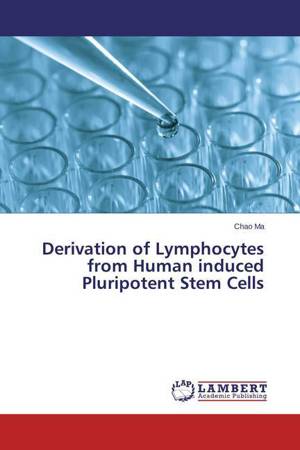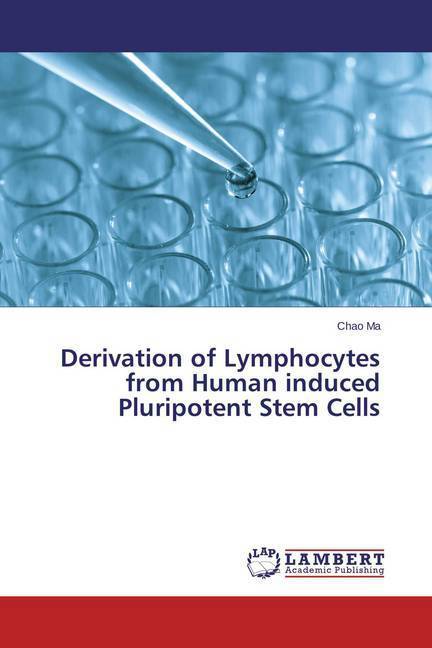
- Afhalen na 1 uur in een winkel met voorraad
- Gratis thuislevering in België vanaf € 30
- Ruim aanbod met 7 miljoen producten
- Afhalen na 1 uur in een winkel met voorraad
- Gratis thuislevering in België vanaf € 30
- Ruim aanbod met 7 miljoen producten
Zoeken
€ 55,95
+ 111 punten
Omschrijving
Human pluripotent stem cells have the potential to produce essentially unlimited numbers of mature and functional blood lineage populations to study human hematopoiesis. Particularly, human induced pluripotent stem cells (hiPSCs) have the advantage to provide a source of autologous transplantable blood cell populations suitable for treatment of patient specific hematological diseases. The book describes three projects of research aiming to derive human lymphocytes from hiPSCs. The overall generation of human lymphocytes (B cell, T cell and NK cell) from hiPSCs is explored in Project I. In Project II and III, based on the derivation of NK cells, two human immunodeficiency disease models (X-SCID and WAS), both caused by specific somatic gene mutation, are established using human pluripotent stem cells. The ultimate goal of this research is to use hiPSCs to study the normal development of human lymphocytes in vitro, as well as model human immunodeficiency diseases by combining with gene therapy methods, thus providing a novel approach for immunotherapy.
Specificaties
Betrokkenen
- Auteur(s):
- Uitgeverij:
Inhoud
- Aantal bladzijden:
- 100
- Taal:
- Engels
Eigenschappen
- Productcode (EAN):
- 9783659697241
- Verschijningsdatum:
- 12/05/2015
- Uitvoering:
- Paperback
- Afmetingen:
- 150 mm x 220 mm
- Gewicht:
- 159 g

Alleen bij Standaard Boekhandel
+ 111 punten op je klantenkaart van Standaard Boekhandel
Beoordelingen
We publiceren alleen reviews die voldoen aan de voorwaarden voor reviews. Bekijk onze voorwaarden voor reviews.








